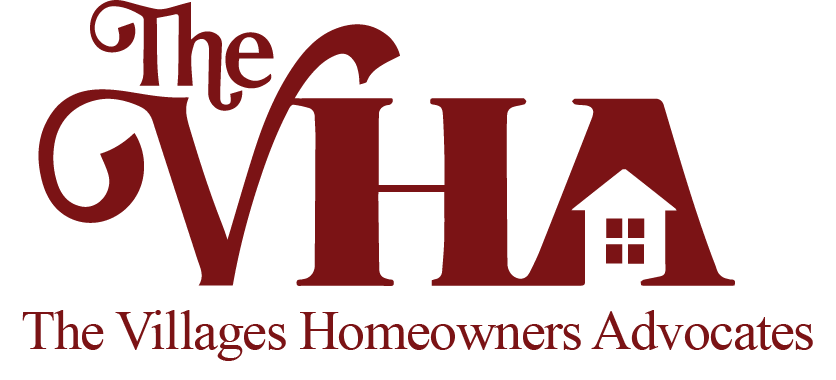
Scam phone calls — anyone who tells you they’ve never had one probably doesn’t have a phone! The truth is that no one is safe. Scammers make millions of calls every day — most of them automated and all of them trying to get their hands on your money.
The most common include imposter scams (pretending to be someone they’re not), debt relief tricks, business and investment scams, fake charity calls, overpriced and often useless extended car warranties, free trials that trap victims into recurring payments, loan scams, timeshares and, of course, fake prize and lottery scams.
Many security-conscious people probably think they’d never fall for a phone-based phishing scam, but if your response to such a scam involves anything other than hanging up and calling back the entity that claims to be calling; you may be in for a rude awakening.
Sadly, many people fail to follow this simple advice!
How to Recognize a Phone Scam: The first thing to know about scam phone calls is that you can’t rely on caller ID to tell you who’s really calling. Crooks use computers and devices called “Spoofers” to trick home and cell phone systems into announcing whatever information the scammers want.
The second thing to know is that just because your name and number are on the Do Not Call Registry, that must mean an incoming call is legitimate… NOT. Scammers don’t care about the registry or the fact that most robocalls (with automatic recorded messages) are illegal. They’re crooks after all. The law means nothing to them.
Knowing that, you should be wary about any incoming call. In fact, some people prefer to never answer calls but have their answering service pick it. They can then review whether they want to return the call.
Here are some of the other tactics crooks use that signals a likely scam phone call.
- You’ve been “selected” for some sort of special offer or won a prize. You haven’t.
- You’ll be arrested or jailed for some alleged crime to do with debts, taxes, fines, drugs, etc. if you don’t pay up. That’s always a scam.
- You must decide now to take advantage of some type of offer.
- You have to pay by wiring money or buying gift cards. No legitimate organization operates that way. Period.
- You’re asked to confirm sensitive or confidential information, like account numbers and passwords. No legitimate organization would ask you to do this on an unsolicited call.
Stop the Scam Phone Calls: “Even if it’s not a scammer calling, if a company is calling you illegally, it’s not a company you want to do business with,” says the US Federal Trade Commission.
The simplest action you can take is to hang up. If you think the call might have been genuine, still hang up, look up the number of the organization that’s supposed to have called, and then call back.
There are also call-blocking services and devices that can eliminate or reduce the incidence of scam phone calls. Some of these are available from phone service providers, but you can also buy call blockers for about $100 or less that attach to your phone.
No doubt crooks will continue the scam phone call onslaught but some common sense and the use of call blocking services and devices will stop most of them in their tracks.
If you need assistance with understanding any aspects of scam phone calls, contact the nearest Seniors Vs. Crime office in The Villages for advice or assistance. Seniors Vs. Crime also has a Speakers Bureau that will gladly come to your club, church, or group to speak about scams. To schedule a presentation, contact any of the offices. There is never a charge for their services. Seniors Vs. Crime can be reached at:
- The Fruitland Park Police Department Annex in the Moyer Recreation Center in The Villages – (352) 674-1882.
- The Marion County Sheriff’s Office in The Villages – (352) 753-7775
- The Sumter County Sheriff’s Office in The Villages – (352) 689-4600, Extension 4606
- The Wildwood Police Department Annex at Brownwood in The Villages – (352) 753-0727
During this pandemic, our offices are closed for walk-in complaints. Please call before you come to our offices. Hours may vary or may require appointments. You can also file online, or by calling 1-800-203-3099. Our staff will call you back and you can file your complaint over the phone.
Volunteers at all four offices are ready, willing and able to assist you. To keep up with the latest scams, LIKE ‘Seniors vs. Crime Region 4’ on Face Book. Hablamos Español. Por favor pregunte por Yolanda. Martes a Viernes: 10:00 A.M. a 2:00 P.M., (352) 689 4606.
